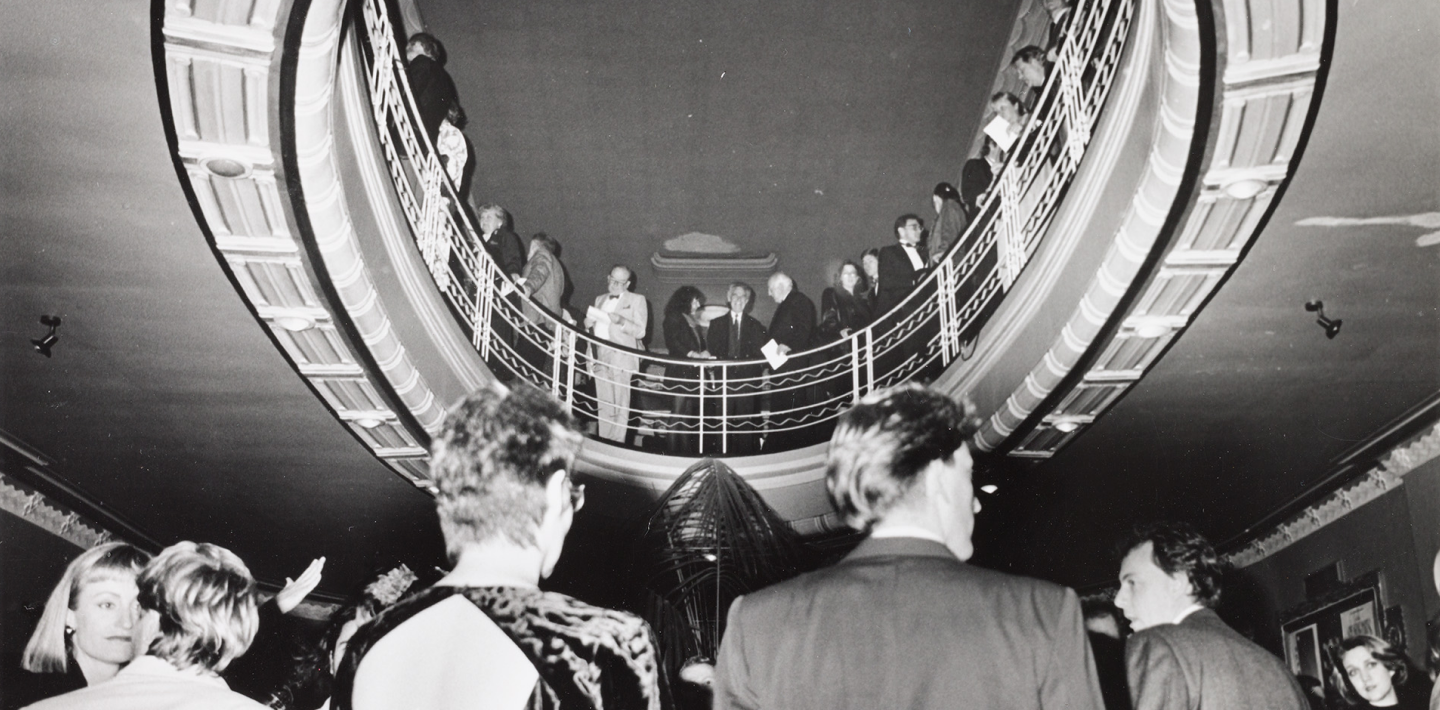

Festival Files
For over 70 years, the Melbourne International Film Festival has been at the heart of Melbourne’s cultural life. Since 1952, when the first event drew ten times the anticipated audience to Olinda, MIFF has connected the people of Melbourne and beyond to films and stories from around the world.
Now that MIFF has reached its 70th anniversary, it’s time to tell the festival’s story. But where should the spotlight shine? On the films that MIFF has screened? The programs it’s printed? On the posters hung in cinemas announcing MIFF’s arrival? No single aspect of the festival can account for the sheer chemistry of what happens when audiences, cinemas, films and their makers are brought together by MIFF each year.
Festival Files explores MIFF’s sometimes life-changing impact by diving into the stories and memories of the people who have made and been part of the festival. Speaking with audience members, filmmakers, staff and board members from MIFF’s past and present, Festival Files records the experiences that have made MIFF such an enduring and essential part of Melbourne’s film and cultural landscape.
The memories recorded here span MIFF’s early years at the University of Melbourne through the golden Palais era, to the transformations of the 1980s and the move to the heart of the city. Taken together, what these stories and memories reveal is that the elusive MIFF ‘magic’ – the chemistry of MIFF – has touched many people’s lives. And what stories they have to tell!
Acknowledgements
Festival Files has been developed by Dr Kirsten Stevens and Professor Susannah Radstone at the University of Melbourne as part of their research on film festival memories. It is presented in partnership with the Melbourne International Film Festival and supported by Ricci Swart AM and the University of Melbourne.
The project has been made possible with the help of many people. We wish to thank our research assistants Lucie McMahon, Dr Alicia Byrnes and Dr Duncan Caillard for their invaluable help in realising this project, and all those who have taken the time to share their memories with us.
Festival Files video content was produced by Positive Ape, with thanks to director Michael J. Lutman, producer Jason Byrne, production managers Jake Coombes and Caitlin Devos, directors of photography Nyssa Mitchell and Darcy de Silva, gaffer Darcy Lindstrom, runner Izzi Harris, and editor Anna Downie.
Photos on this site have been reproduced with permission from Norman Wodetzki, Professor Andrew Markus, Erin McCuskey, Professor Lisa French, MIFF, the State Library Victoria and News Ltd.
All efforts have been made to identify rightsholders for all materials reproduced; however, orphan works may be included on this site. Orphan works, as per the Australian Copyright Council, are copyright materials where “the owner cannot be identified and/or located”. If you have information about any of the images used, such as information on rightsholders or on the content or people depicted, please contact MIFF to let us know.
Words by Kirsten Stevens.
From the Festival Files
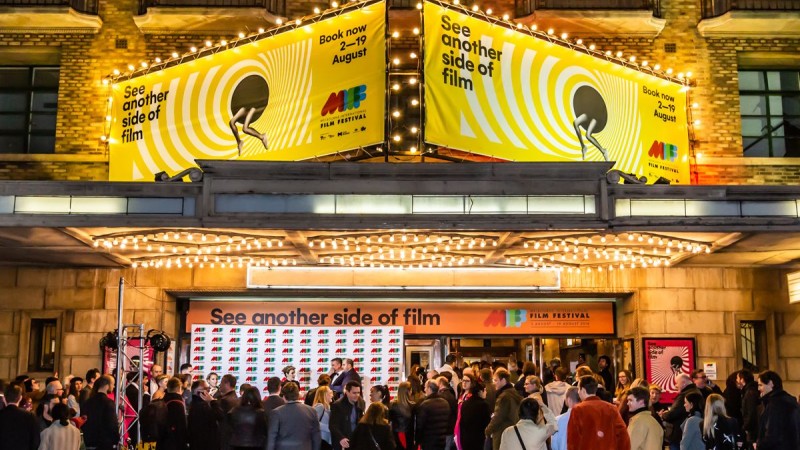
The Living Festival
What would a festival be without its audience? There wouldn’t be a festival at all!
People are the beating heart of MIFF. It was the coming together of some 800 people in Olinda in 1952 that gave birth to the Melbourne Film Festival. Since that unanticipated outpouring of community love for film, MIFF has become an annual gathering space for film enthusiasts and the cine-curious from Melbourne and beyond. The audiences that attend MIFF are more than just regular movie fans. They form a lively and engaged community, one that takes different forms over time and across the variety of program streams and venues that form the festival. At its core, the MIFF community is deeply committed to cinema, to watching it together, and to welcoming new friends into the annual ritual that is attending the festival.
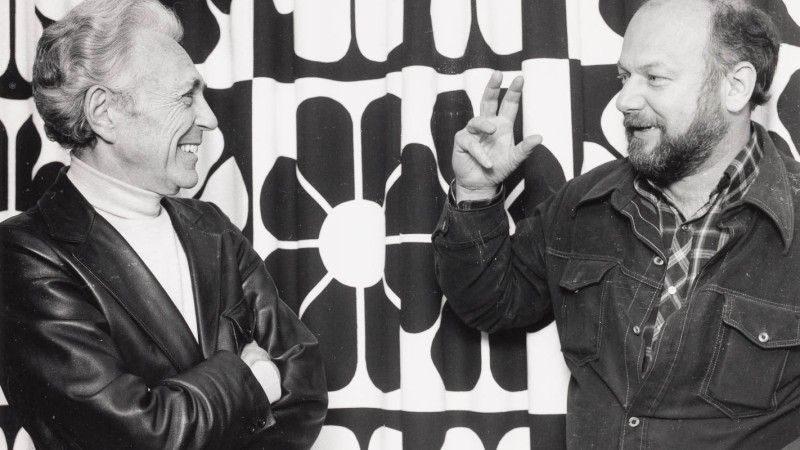
You Had to Be There
The thrill of the festival happens in a moment. In the shared moments created in being present at the festival, and in sharing experiences with others in the MIFF community. These moments are the instances that set the festival apart from the everyday, that remind us that we live in the present, and that some experiences are just too unique to replicate.
Each year, we return to the festival to capture these moments and gather our stories. For some the draw is opening night: the gala event that launches the festival, celebrating the start of a new feast of cinema and the opportunity to reconnect with old friends. For others it is the chance to explore new worlds, to experience the wonders of the screen and become immersed in stories and experiences from both near and far. For yet others, it is the uncertainty of the live event, the ever-present possibility that something unexpected might just happen that draws them in.
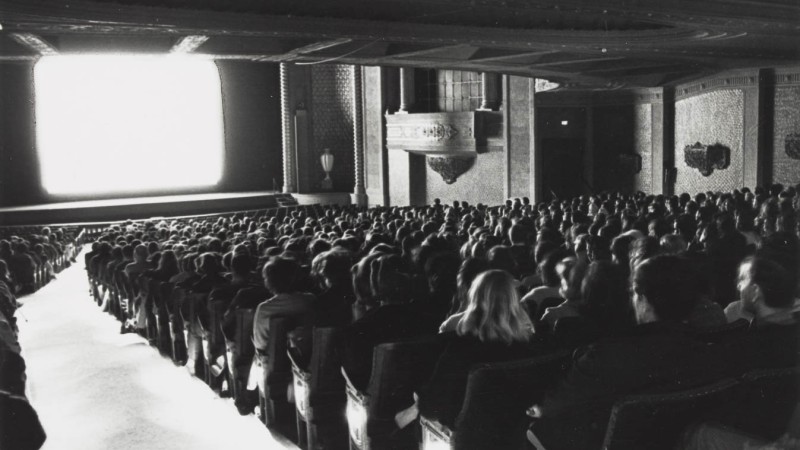
On Screen and in the Cinema
The magic of the festival is reached through its screens. These are places and spaces that captivate our attention, providing windows where films come to life before our eyes. As portals to the world, the festival’s screens allow us to travel the globe, move through time, and see through another’s eyes.
Yet these screens also remind us of home. They are fixed in place, in our memories and in our city, as the places that make the festival ours. The venues of the festival remind us of cold winter nights, of by-gone eras of grand cinema palaces, and the uncomfortable seats that are part of their charm. They remind us of quickly eaten meals, of long talks over drinks, of navigating the city and its suburbs in search of cinematic treats.
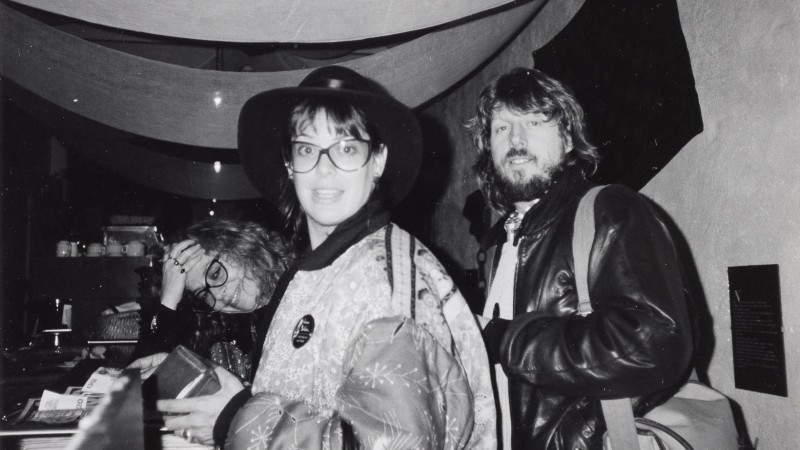
Making the Festival
The Melbourne Film Festival began as the idea of a few passionate individuals. A sub-committee, formed from delegates to the 1951 Australian Council of Film Societies film weekend, suggested that a small festival of films in the tourist town of Olinda should be held in 1952. The resulting festival was a testament to the do-it-yourself initiative of the Olinda festival committee. As some 800 festival subscribers made their way up the Dandenong Ranges to Olinda – 10 times the expected audience of 80 people – these intrepid film lovers swung into action.